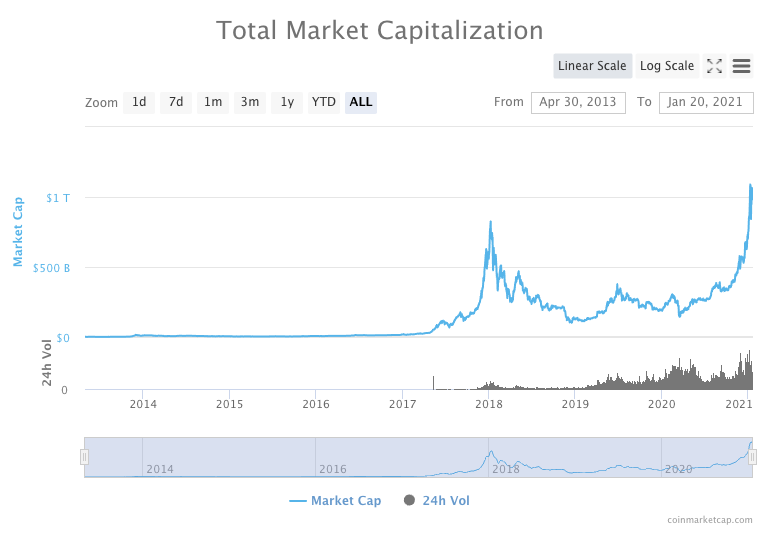
India will not be #1 in the currency game. But it could be #1 in the cryptocurrency game.
That is, given competition from the dollar and the digital yuan, the rupee will never be as strong.
So India could get behind the third international payment rail, the one neither America nor China can deplatform them from.
As can every other state that’s neither USA nor PRC.
So India could get behind the third international payment rail, the one neither America nor China can deplatform them from.
As can every other state that’s neither USA nor PRC.
This would obviously be a huge reversal from where the world is right now. India’s ban on crypto has taken its toll on a generation of founders, and other places have leapt ahead.
But crypto founders are mobile, and a U-turn is possible if seen as being in the national interest.
But crypto founders are mobile, and a U-turn is possible if seen as being in the national interest.
The future is Crypto Capital vs Woke Capital vs Communist Capital.
In the last Cold War the non-aligned movement was the weakest faction, but in this one the decentralized movement may yet prove to be the strongest.
In the last Cold War the non-aligned movement was the weakest faction, but in this one the decentralized movement may yet prove to be the strongest.
https://twitter.com/balajis/status/1343548102473445376
• • •
Missing some Tweet in this thread? You can try to
force a refresh





